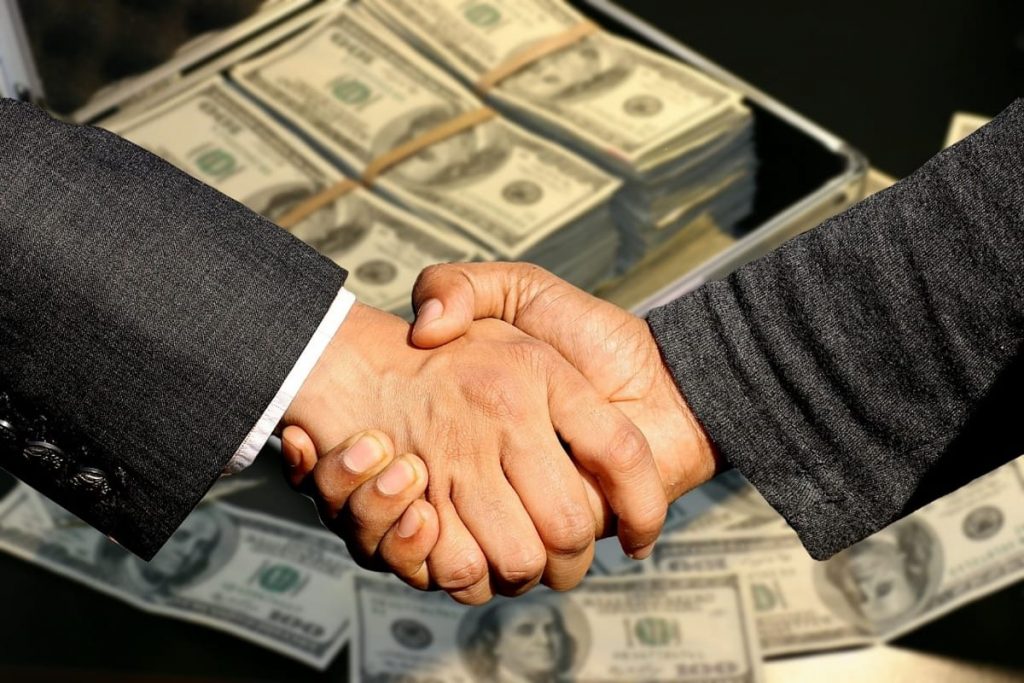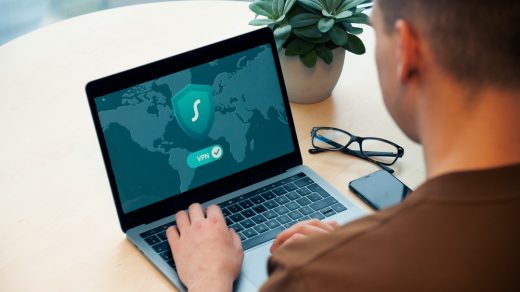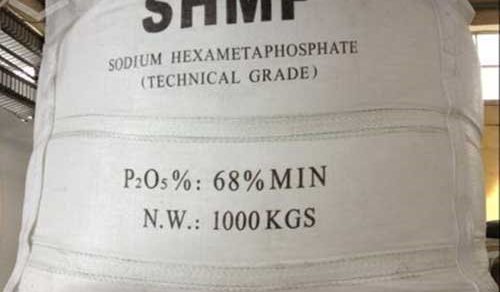When it comes to forex trading, there are a lot of questions about the tax implications. In Australia, is forex trading tax-free? And what are the tax implications if you decide to trade in Australia? We’ll look at the tax laws surrounding forex trading in Australia and answer some of the most common questions traders have. So, read on to find out more.
What is forex trading, and how does it work in Australia?
Forex trading, also known as foreign exchange or currency trading, is buying and selling currencies. Currencies are traded in pairs, and the value of a currency pair is determined by the relative value of the two currencies involved. For example, if you were to buy EUR/USD, you would buy Euros and sell US dollars.
Most forex trading is done through online platforms and brokers. These platforms allow traders to buy and sell currency pairs, track their progress, and manage their accounts.
There is a lot of leverage involved in forex trading, which means that traders can control large amounts of money with a small amount of capital. It can lead to significant profits, but it also carries a high level of risk.

Why is forex trading popular?
Forex trading is popular because it offers investors a high degree of liquidity (the ability to buy and sell assets quickly and easily) and leverage (the ability to control large amounts of money with a small amount of capital). These two factors combined make forex trading an attractive proposition for many investors.
Another reason forex trading is popular is that it’s a 24-hour market, and traders can trade at any time of day or night without having to wait for the markets to open.
What are the tax implications of forex trading in Australia?
The tax implications of forex trading in Australia depend on whether you are classified as a trader or an investor. If you are a trader, your profits will be treated as income and taxed at your marginal tax rate. If you are an investor, your profits will be treated as capital gains and taxed at a lower rate.
There are some exceptions to this rule. If you are a professional forex trader, your profits may be considered business income and taxed at a higher rate. And if you trade through a company or partnership, your profits may be subject to corporate tax rates.
What does all this mean for you? Well, if you’re considering starting to trade forex in Australia, it’s essential to understand the tax implications before you begin. And if you’re already trading, it’s equally important to ensure that you’re aware of the correct tax treatment for your profits.
If you have any questions about the tax implications of forex trading in Australia, we recommend speaking to a qualified accountant or tax adviser.
What are the risks of forex trading?
Forex trading is risky, and it’s essential to understand the risks before you start. The most obvious risk is that you could lose money if the currency you’ve bought falls against the value of the currency you’ve sold.

Another risk is that you could be subject to margin calls from your broker. It happens when the value of your account falls below a certain level, and your broker demands that you deposit more money to cover their losses. If you can’t cover the margin call, your broker may close your positions, and you could lose money.
Finally, there is the risk of fraud. Many unscrupulous brokers will try to take advantage of unsuspecting traders. So, doing your research and only trading with a reputable broker is essential.
If you’re considering starting to trade forex, then make sure you understand the risks involved. And if you’re already trading, don’t forget to keep an eye on the market and the latest news to make informed decisions about your trades.
How to get started in forex trading
If you’re interested in getting started in forex trading, then there are a few things you need to know.
- First, you need to find a broker. There are many brokers out there, and it’s essential to choose one regulated by the Australian Securities and Investments Commission (ASIC).
- You will also need to open a trading account with your broker. It is where you will deposit your money and place your trades. Most brokers offer demo accounts that allow you to practice trading without risking any real money.
- Once you’ve opened a trading account, you can start buying and selling currency pairs. It’s important to remember that leverage can work both ways; it can help you make large profits and lead to significant losses. So, make sure you understand the risks before you start trading.




Recent Comments